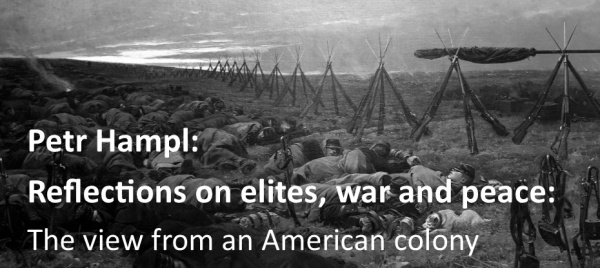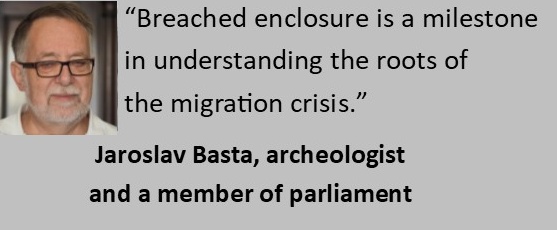Petr Hampl, sociologist:
I am afraid that talking about the current Czech Republic as a democracy is more a matter of wishful thinking than a description of reality. One of the key features of the current regime is that the government can determine the official and only acceptable view (narrative) and that it can use the repressive apparatus to suppress others. There seems to be a consensus among members of the financial and power elite that this is the right thing to do. This is the case in most EU countries.
If one does not like it, one has three options: accept it, move out, or seek a change in the economic and political regime.
Jan Keller, professor of sociology:
All the measures already taken and those yet to be taken by European governments in this direction are based on the simple assumption that a certain proportion of adults in our country are unable to judge for themselves what is true, what is false, what is right, what is wrong, what benefits them and what harms them. That part of society which, on the other hand, can judge all this is encouraged by the government to report misguided individuals to the appropriate authorities, who will attempt to correct them by means of educational punishment. This means, of course, that citizens are de facto no longer equal, even though they are still officially passed off as equal. It is only a matter of time before someone realises that democracy is in danger if second-class citizens, i.e. those who are unable to evaluate information correctly for themselves and allow themselves to be manipulated, have the right to vote just like advanced citizens. In order to defend democracy, it will naturally be necessary to take away the right to vote from second-class citizens. After all, democracy is the most precious thing we have, and if we allow it to be subverted, we would be guilty of transgressing against our highest values of freedom and equality.
Andrej Duhan, lawyer:
Freedom of speech is one of the basic prerequisites of democracy. Democracy thrives on discussion and the clash of different opinions. Like any freedom, freedom of expression is not and should not be unlimited, but must be as broad as possible. If we resign ourselves to the fact that only excesses such as slander, threats, calls to violence, the spreading of alarmist messages or vulgarity need to be combated, we will get into a spiral of constant curtailment of freedom of expression and end up enforcing dogma. And that is exactly where the hysteria around the fight against disinformation is inevitably heading – from refuting lies to countering opinions that some disinformation expert labels as disinformation. The basic fallacy of the proponents of the fight against disinformation is that they believe that disinformation is some new phenomenon that has invaded society, and that all they have to do is suppress it and unity will be restored. In reality, lies and manipulation have always been present, especially in free societies, and the only defence against them has been and will be free discussion. Not an authority to tell us what is truth and what is misinformation. Fighting disinformation makes as much sense at the level of intelligence services as exposing the influence operations of foreign states. As a vociferous society-wide campaign by politicians and the media, it is a farce. A potentially very dangerous farce that threatens the basic premise of democracy.



